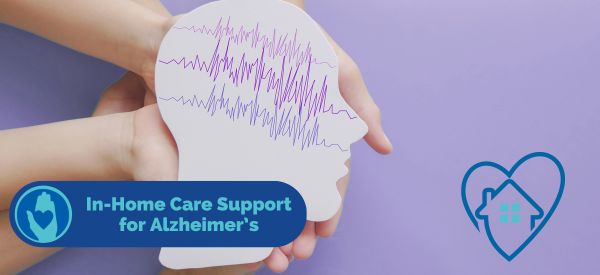Fall allergies have costly, negative effects on millions of Americans each year.
In fact, statistics show that over 35 million Americans suffer from seasonal allergies, resulting in about $7 billion dollars in lost productivity each year.
Many seniors are particularly susceptible to allergies, because with age, the mucus membranes in the nose dry out, causing chronic nasal congestion.
Fall allergen put others with chronic diseases are at risk, as well.
And with unseasonably warm winters in some regions, longer, hotter summers and extended periods of drought, allergy season could last longer than usual this year.
Those of us at Freedom Home Care have gathered some information and what you can expect from different types of allergies.
Types of Allergens
According specialists, allergy symptoms can be triggered by either perennial or seasonal inhalant allergens.
Perennial allergens last all year, while seasonal allergens appear during various periods in substantial amounts.
Ragweed
With warmer weather, plants produce more pollen – especially ragweed – affecting three-quarters of allergy sufferers.
Usually found in the North, South and Midwest parts of the U.S., ragweed is especially problematic for seniors because one plant can travel up to 400 miles, and produce about 1 million grains of pollen a day.
Bruce Gordon, MD, an ear, nose, and throat allergy specialist at Cape Cod Hospital in Hyannis, Mass., says ragweed is an allergen that pollinates from late summer to mid-fall. In the South, it could also continue through winter.
Ragweed also affects areas East of the Rocky Mountains.
Goldenrod
Golden Rod is another weed that can cause fall allergies. However, because it’s insect-pollinated, it’s less of a threat to seniors since it can’t be carried over long distances by wind.
Dust Mites
Dust Mites are tiny bugs that live in house dust and are usually present in the summer. They can result in difficulty breathing, sneezing, runny nose, wheezing, and watery eyes.
Mold
Fall allergies are sometimes brought on by mold. Their spores travel by wind and are then inhaled into the lungs.
Mold grows in soil, compost, fallen leaves and rotting logs. They survive from early to late fall and are airborne allergens that lie dormant until spring.
How To Avoid Allergies
The best way to protect yourself from allergens, is to understand how and when they spread. Then, you can take steps to reduce your symptoms and exposure when present.
Here are a few ideas FHC came up with that could help make allergy season more bearable.
- Avoid going out during the early morning hours. This is when pollen from ragweeds are released into the wind.
- If you must go out, it is recommended that you wear a face mask.
- At home, run the air conditioning to get rid of dirt and debris. Change the filter in your unit to keep the air free of allergens.
- Take showers often. This helps remove pollen from your hair and skin.
- When removing decaying leaves from your yard and gutters, wear a face mask
- Consider enlisting the help of professionals trained in personalized elder care or in home care services to help as you fight against allergies.
- Check weather websites like The National Allergy Bureau. These sites post helpful information like local pollen counts. This way you avoid the most critical times of day that allergens are airborne.
If you are looking for senior home care in the Chicago area, Freedom Home Care has all the services you and your family need.




